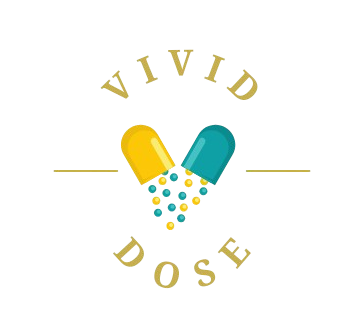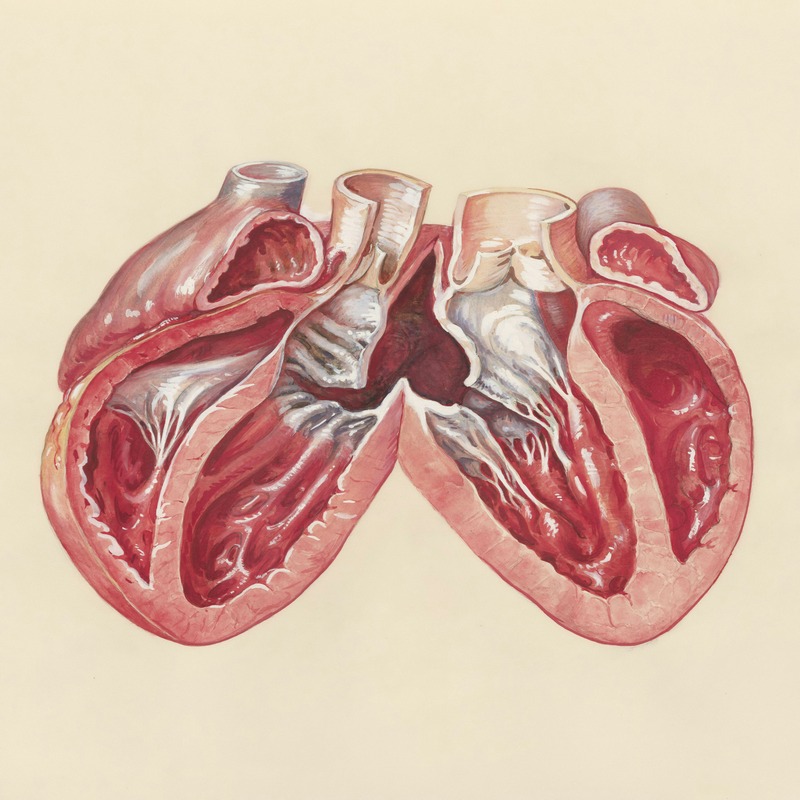Organ donation is a life-saving medical practice that has transformed the lives of countless individuals worldwide. However, it is a complex issue that sits at the intersection of medicine, ethics and society and there are ethical concerns about organ donation.
Ethical Concerns About Organ Donation
These concerns revolve around issues of consent, equity, exploitation, and the definition of death.
1. Informed Consent and Autonomy
One of the most fundamental ethical principles in medicine is respect for autonomy, which requires that individuals make informed decisions about their bodies without coercion. In the context of organ donation, this raises several questions:
Living Donors: Are donors fully aware of the risks involved in donating an organ, such as surgery complications or long-term health impacts? Are they making the decision free from external pressure, whether from family, financial incentives, or societal expectations?
Deceased Donors: Did the deceased individual explicitly consent to organ donation, such as through an opt-in system (where consent is required) or an opt-out system (where consent is presumed unless otherwise stated)? In cases where the deceased’s wishes are unknown, who has the authority to decide between the family members and the state?
These questions highlight the importance of clear communication, transparent policies, and respect for individual autonomy in organ donation programs.
2. Defining Death
Organ donation often relies on the concept of “brain death” where a person is declared dead based on the irreversible cessation of brain function, even if their heart is still beating. This definition is critical for procuring viable organs, but it raises ethical concerns:
Moral and Cultural Beliefs: Some cultures and religions do not accept brain death as equivalent to biological death, leading to conflicts between medical practices and personal beliefs.
Potential for Misdiagnosis: Could the pressure to obtain organs lead to premature declarations of brain death? Ensuring accurate and unbiased diagnosis is essential to maintain trust in the organ donation system.
3. Equity and Access
Access to organ transplantation is often limited by factors such as geography, socioeconomic status, and race, raising concerns about fairness and justice:
Geographic Disparities: Organ allocation systems vary by country and region, leading to unequal access. For example, patients in wealthier nations or urban areas may have better access to transplants than those in poorer or rural areas.
Socioeconomic Barriers: Wealthier individuals may have an advantage in accessing organs due to their ability to travel, pay for medical care, or navigate complex healthcare systems.
Racial and Ethnic Disparities: Studies have shown that minority groups often face longer wait times for organ transplants, partly due to biological factors (e.g., tissue matching) and systemic inequities in healthcare.
4. Exploitation and Commodification
The high demand for organs has led to concerns about exploitation, particularly in vulnerable populations:
Organ Trafficking: In some parts of the world, illegal organ trade preys on impoverished individuals who may sell their organs out of financial desperation. This raises serious ethical and human rights concerns.
Financial Incentives: While offering financial compensation to living donors could increase the supply of organs, it risks commodifying the human body and exploiting those in financial need. Critics argue that this could undermine the altruistic nature of donation and lead to unethical practices.
Vulnerable Populations: Are certain groups, such as prisoners or undocumented immigrants, being coerced or unfairly targeted for organ donation? Safeguards must be in place to protect these populations from exploitation.
5. Cultural and Religious Considerations
Cultural and religious beliefs play a significant role in shaping attitudes toward organ donation. For some, donation is seen as an act of generosity and compassion. For others, it may conflict with beliefs about the sanctity of the body or the necessity of burial with all organs intact. Ethical organ donation policies must respect these diverse perspectives while promoting public education to address misconceptions.
Final Dose
Organ donation is a complex issue that sits at the intersection of medicine, ethics, and society. While it offers the gift of life to those in need, it also raises profound ethical concerns that must be carefully addressed.
Policymakers, healthcare professionals, and society must work together to create systems that respect autonomy, ensure equity, prevent exploitation, and honour cultural and religious beliefs.
What do you know about organ donation?

